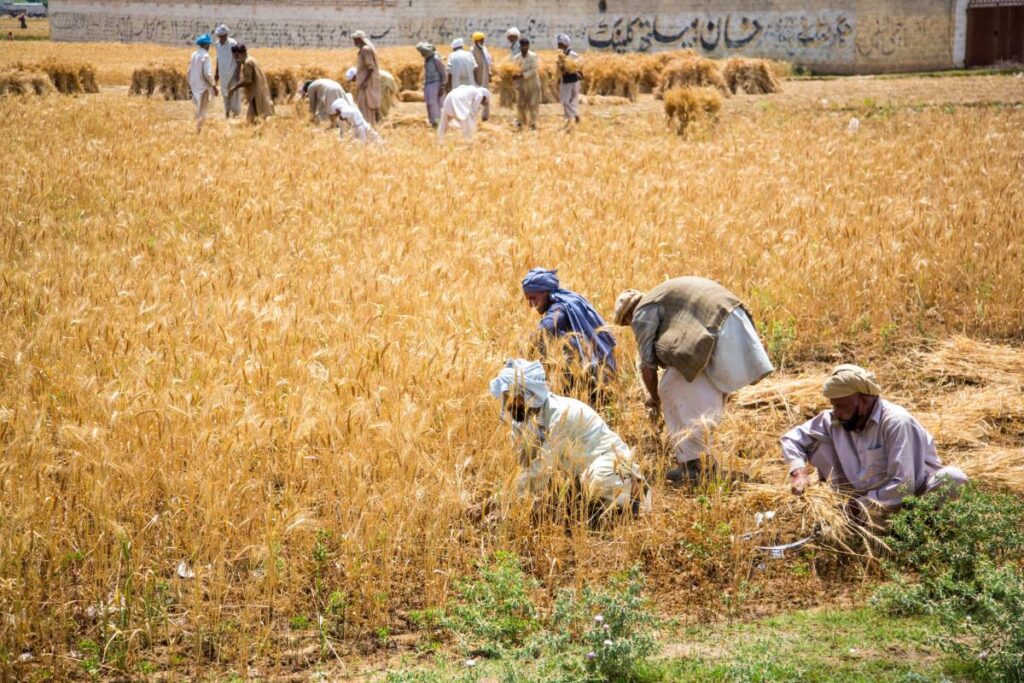- Web
- Feb 05, 2026
Pakistan achieves record $8 billion in agriculture exports
-

- Web Desk
- Jul 07, 2024

ISLAMABAD: Pakistan’s agriculture sector achieved a new record as agricultural exports crossed $8 billion for the first time in the fiscal year from July 2023 to June 2024.
Minister of Commerce Jam Kamal Khan announced the news in a statement on Saturday.
Read more: SSGC cuts gas supply to Pakistan Steel Mills over Rs97.7 billion unpaid dues
The commerce minister attributed the achievement to the collective efforts of traders, farmers, the Trade Development Authority of Pakistan (TDAP), and the commerce ministry. Khan said the government was committed to exploring and exploiting the vast potential of Pakistan’s agriculture sector. .
Khan also highlighted the upcoming “International Food and Agriculture Exhibition” in Pakistan. He stated the event has garnered significant attention from foreign companies interested in investing in Pakistan’s agro-products.
Agriculture plays a vital role in Pakistan’s economy. It contributes heavily to the country’s GDP and employs a large portion of its workforce. Specifically, it accounts for about 18.9 per cent of Pakistan’s entire GDP.
Punjab leads in the production of wheat and cotton, with Sindh and Punjab also ranking fourth globally in mango production.
However, small-scale farmers face increasing challenges due to climate change and low literacy rates, as this restrict their access to solutions. Unpredictable weather patterns have also paralysed their farming efforts.
Read more: International, domestic borrowing push Pakistan’s debt up by 15.01 per cent
Fluctuating diesel prices have further exacerbated these challenges as farmers heavily depend on diesel for operating their machinery. Pakistan’s reliance on imported petroleum products, along with high inflation and currency depreciation, renders fuel costs unaffordable for many farmers. This has disrupted their access to essential agricultural inputs.




